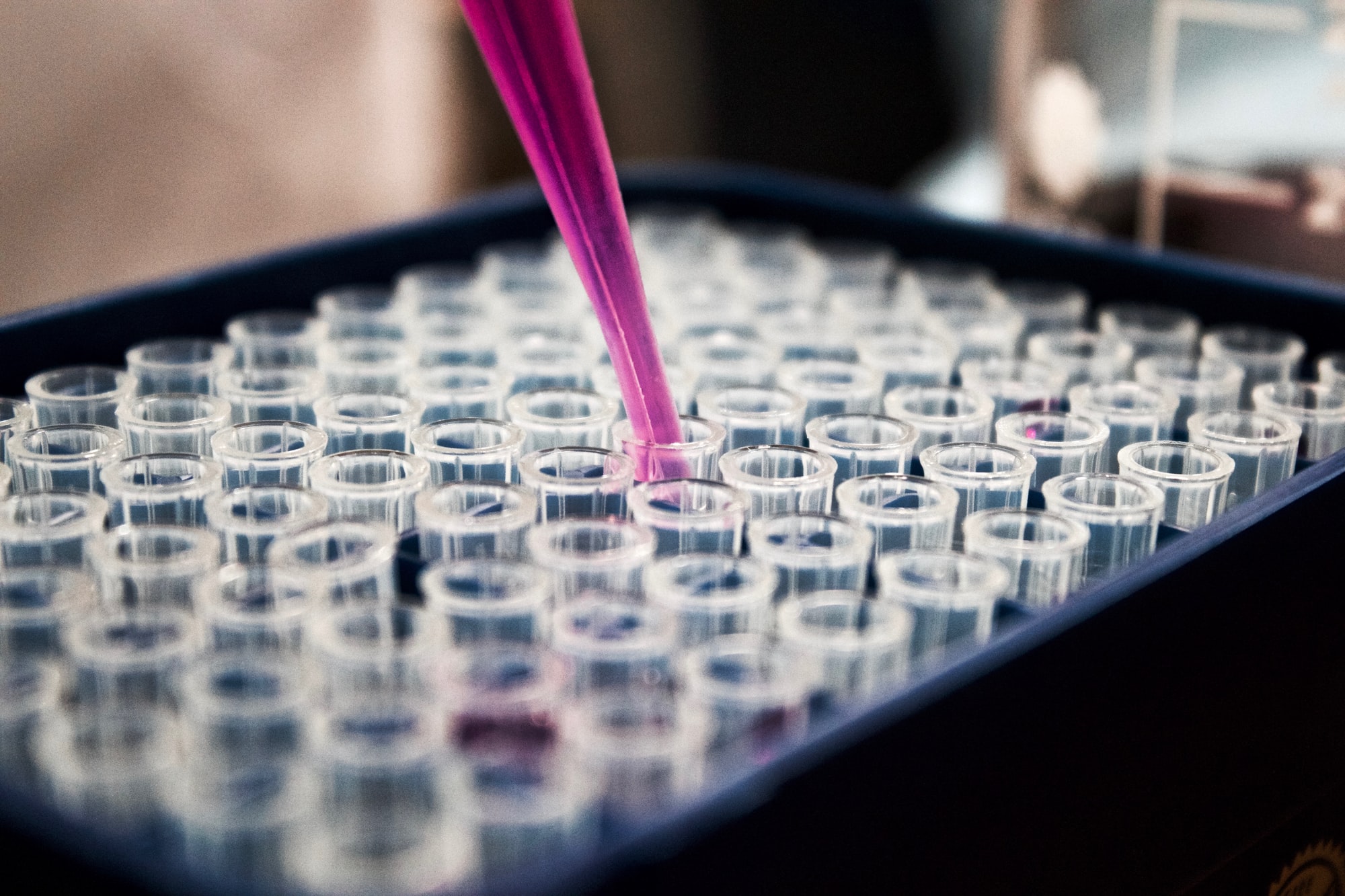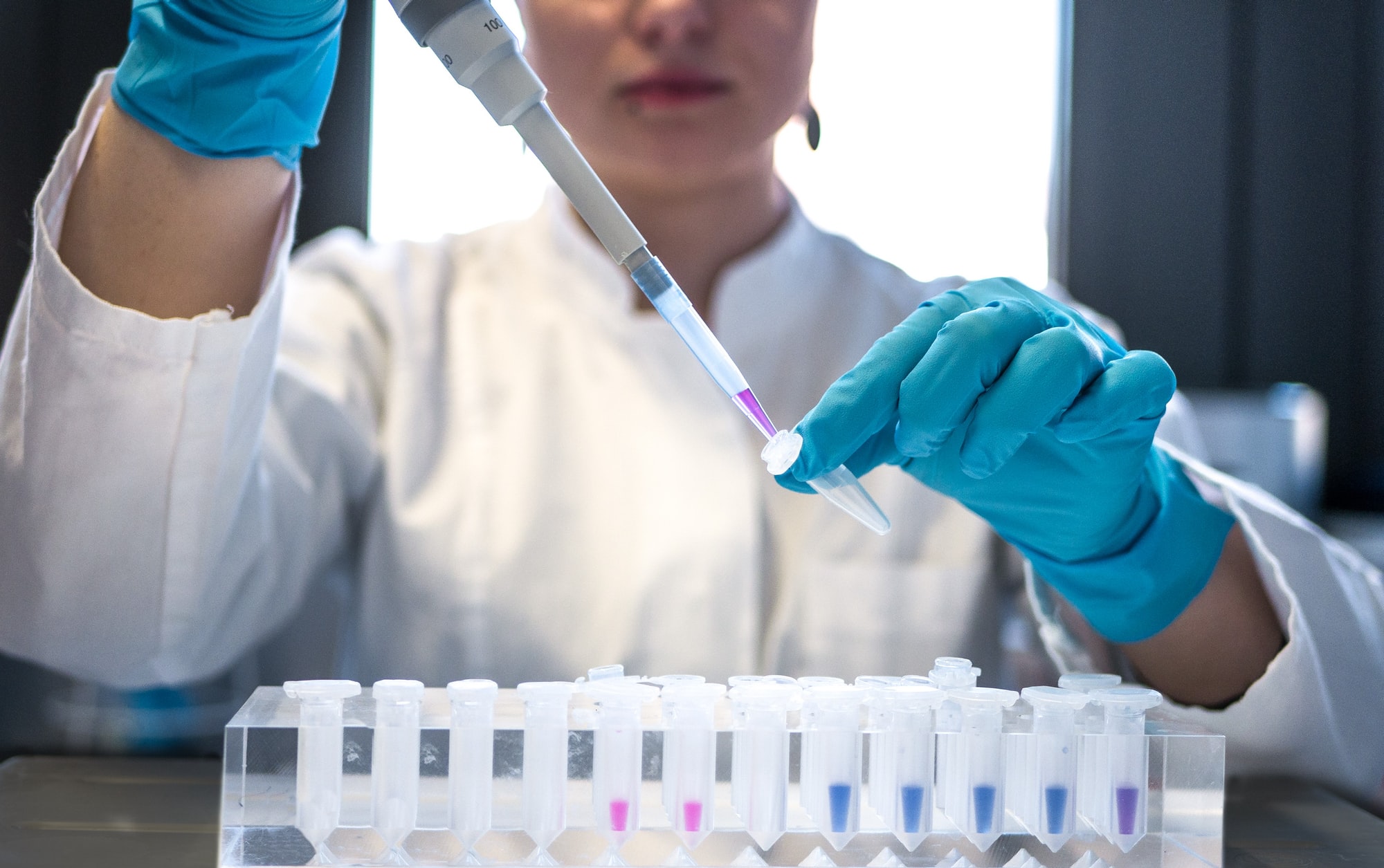For immunologists everywhere, a buffer solution can be a miraculous thing for stabilizing fluids for transport and testing. In general, these solutions can make tests quicker and more accurate. After the use of a buffer solution, you can use an Elisa Assay Solution to identify and count proteins, peptides, and other similarly desirable test results. This promises a more accurate test, but what if any of these solutions are defective? How can you be sure that the solution you use is the best one for the job?
Corporate Standards
If you are working towards a career in immunology, certain phrases of jargon are not past your comprehension. For people with a degree in business, the ability to parse through quality control on solutions, tests, and other ingredients is highly problematic. If you want to be sure that you shop Elisa Assays with the skill, quality, and integrity of someone looking to diagnose illnesses, you should be sure that the shop you’re looking at is similarly dedicated.
Many businesses are required by law, at least in the United States, to be transparent with the kind of procedures used to produce these chemical cocktails. If you are looking for high-quality solutions, chances are the first step is just reading the bottle, or whatever information is available online. The community surrounding the production of disease testing kits, immunology, and other similar disciplines is active and highly rigorous in reviews of products. Don’t be the fool who falls for business-level marketing, and instead, look for signs of quality in every single drop.

Specialty Ingredients
If you are ordering from an online specific store that sells the parts of a test specifically, you should be able to take the ingredients in isolation and evaluate their quality. But this is a great way to realize that quality control on mass market versions of popular immunology solutions is generally not great. If you want a specialty product, you need a specialty company that produces a set of interlinked ingredients together.
This isn’t to say that a specific seller is being lazy at creating certain things, but lab conditions must be met at all points when diagnosing disease. If contamination happens in step 1, by step 10 you will have potentially the directly opposite conclusion from the truth. The disease can affect lives in a huge way, so lab tests need to be as accurate as possible since doctors rely on immunologists to make their decisions.
Instructions for Use
Checking the bottle should be a fairly simple procedure to mark down once you’ve purchased the item, but in case it isn’t, you should be aware that using solutions properly is an incredibly important aspect of testing. If you aren’t already convinced of the complexity of these lab tests, you can click here for a great summary of how an Elisa solution can detect an antigen that can be used for diagnosis.
From the instructions on the bottle, you should have the tools, knowledge, conditions, and personnel to perform whatever test you are doing. This is very standard for immunology, and honestly, anyone not working in a lab that is purchasing these types of chemicals may find them to be somewhat lacking in use. Yet, if you want to be sure that the solution is well manufactured, instructions for use should be no big deal for the manufacturer to include, and in a pinch, they come in handy sometimes.

A History of Excellence
If you are wondering whether a specific company is producing quality, you have the option however scary it may be of asking someone or researching via reviews. Though the internet as a whole is on the level of barely knowing what immunology is, proper scientists do have the connections to know the garbage from the greats. If you are on the level of wanting to learn more about immunology, you can click this fantastic link: https://www.news-medical.net/health/What-is-Immunology.aspx which will lead you through the basics of this fascinating field of study.
For anyone else that is breaking into immunology, the procedures of a new field can be rigorous and complicated, so never be afraid to ask. Even the best start somewhere, and for people who need a future generation of proper diagnoses, it can be somewhat worrying if you have to struggle to get into an academic field where those lab results are coming from.
The actual labs are extremely efficient, and accurate, and any distrust is not well-placed, but they got there by being unreasonably good at what they do and knowing the best solutions for their use. Evaluate for excellence, just good enough is never good enough when lives are on the line and the day-to-day workings of your environment are providing useful info on an industrial scale.
